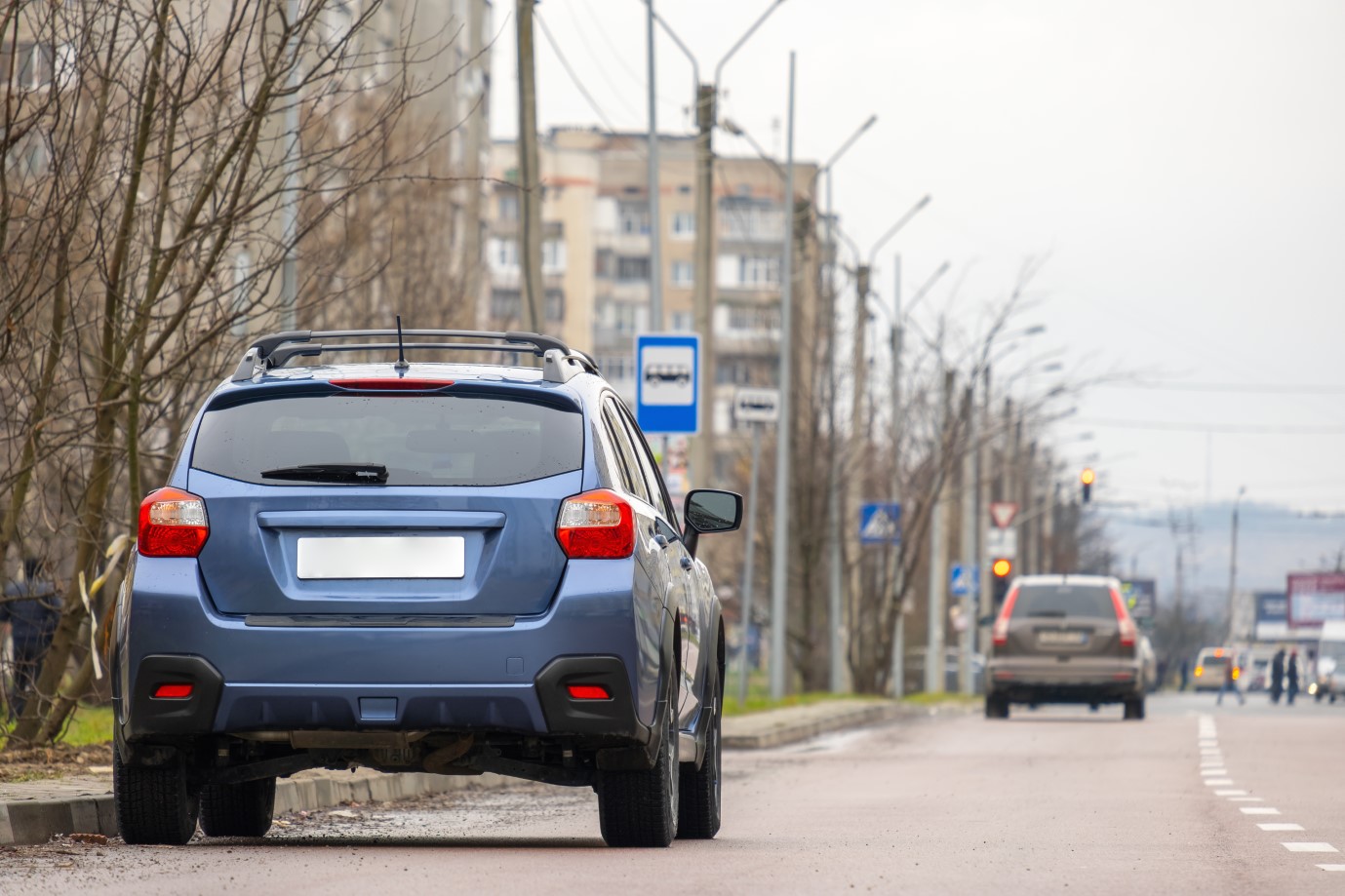Virginia law prohibits a vehicle from stopping in the roadway in a way that impedes or renders dangerous the use of the roadway by others, except in the case of an emergency, an accident, or a mechanical breakdown.
According to the Virginia Code:
No person shall stop a vehicle in such manner as to impede or render dangerous the use of the highway by others, except in the case of an emergency, an accident, or a mechanical breakdown.
In the event of such an emergency, accident, or breakdown, the emergency flashing lights of such vehicle shall be turned on if the vehicle is equipped with such lights and such lights are in working order.
If the driver is capable of safely doing so and the vehicle is movable, the driver may move the vehicle from the roadway to prevent obstructing the regular flow of traffic; provided, however, that the movement of the vehicle to prevent the obstruction of traffic shall not relieve the law-enforcement officer of his duty pursuant to § 46.2-373.
A report of the vehicle’s location shall be made to the nearest law-enforcement officer as soon as practicable, and the vehicle shall be moved from the roadway to the shoulder as soon as possible and removed from the shoulder without unnecessary delay.
If the vehicle is not promptly removed, such removal may be ordered by a law-enforcement officer at the expense of the owner if the disabled vehicle creates a traffic hazard.
Virginia applies the doctrine of contributory negligence
However, even if a vehicle is stopped in the roadway violating the above-referenced statute, a person injured in a car accident with that stopped vehicle might fail in his or her claim for personal injuries against the driver.
Virginia applies the doctrine of contributory negligence, which the Virginia Supreme Court defines as the objective standard of whether a plaintiff failed to act as a reasonable person would have acted for his or her safety under the circumstances.
Suppose the hypothetical injured person was driving a car that rear-ended a vehicle unlawfully stopped on the highway.
In that case, it is possible that the injured person’s personal injury claim against the driver of the stopped vehicle could fail if the injured person is found to be contributorily negligent.
When deciding if the injured person’s conduct amounted to contributory negligence, the judge or jury hearing the injured person’s case would have to consider, amongst other things,
1. whether the injured person was operating his or her vehicle at an appropriate speed
2. whether the injured person was maintaining a proper following distance and whether the injured person was maintaining a proper lookout.
This means using ordinary care to look in all directions for vehicles, persons, and conditions that would affect his or her driving, to see what a reasonable person would see, and to react as a reasonable person would avoid a collision.
If the judge or jury hearing the injured person’s personal injury case determines that the injured person failed to operate his or her vehicle with the requisite degree of care prescribed by law, then the injured person would be deemed to have been contributorily negligent and he or she would be barred from recovery.
Questions regarding unlawful stopping on a roadway and contributory negligence are specific to the facts of the individual personal injury case, and we encourage you to call our personal injury lawyers in Virginia Beach.
Stopped vehicle causes accident.
We can assess whether the vehicle in question was lawfully stopped in the roadway and whether there is a legitimate basis for the stopped vehicle’s driver to raise a contributory negligence defense.
In cases where a contributory negligence defense may be applicable, our personal injury lawyer can assess whether there are any exceptions to the contributory negligence doctrine that may apply.
As in all personal injury cases, an experienced personal injury lawyer can also advise the injured person as to the value of the injury claim, can guide the injured person through the process of making a personal injury claim with the applicable insurance company or companies, and can represent the injured person in the litigation of the personal injury claim, if a personal injury lawsuit becomes necessary.
Related Articles for Injury Law
Applying the contributory negligence doctrine in Virginia
Schedule a Consultation With Preston, Wilson & Crandley, PLC
At Preston, Wilson & Crandley, PLC, we are here to help navigate the complexities of post-accident procedures and legal matters. Our experienced team ensures you receive the support and compensation you deserve.
Our attorneys handle injury claims ranging from bicycle accidents, pedestrian accidents, motorcycle accidents, truck accidents, and car accidents to drunk driving accidents and wrongful death claims.
Give us a call and let our experience work for you. We have been helping the people of Virginia since 1955 and are ready to help you. Schedule a consultation to discuss your case.
If you need a Personal Injury Attorney in Virginia Beach, contact us at (757) 486-2700.
Follow us on Facebook.
# Stopped vehicle causes accident

